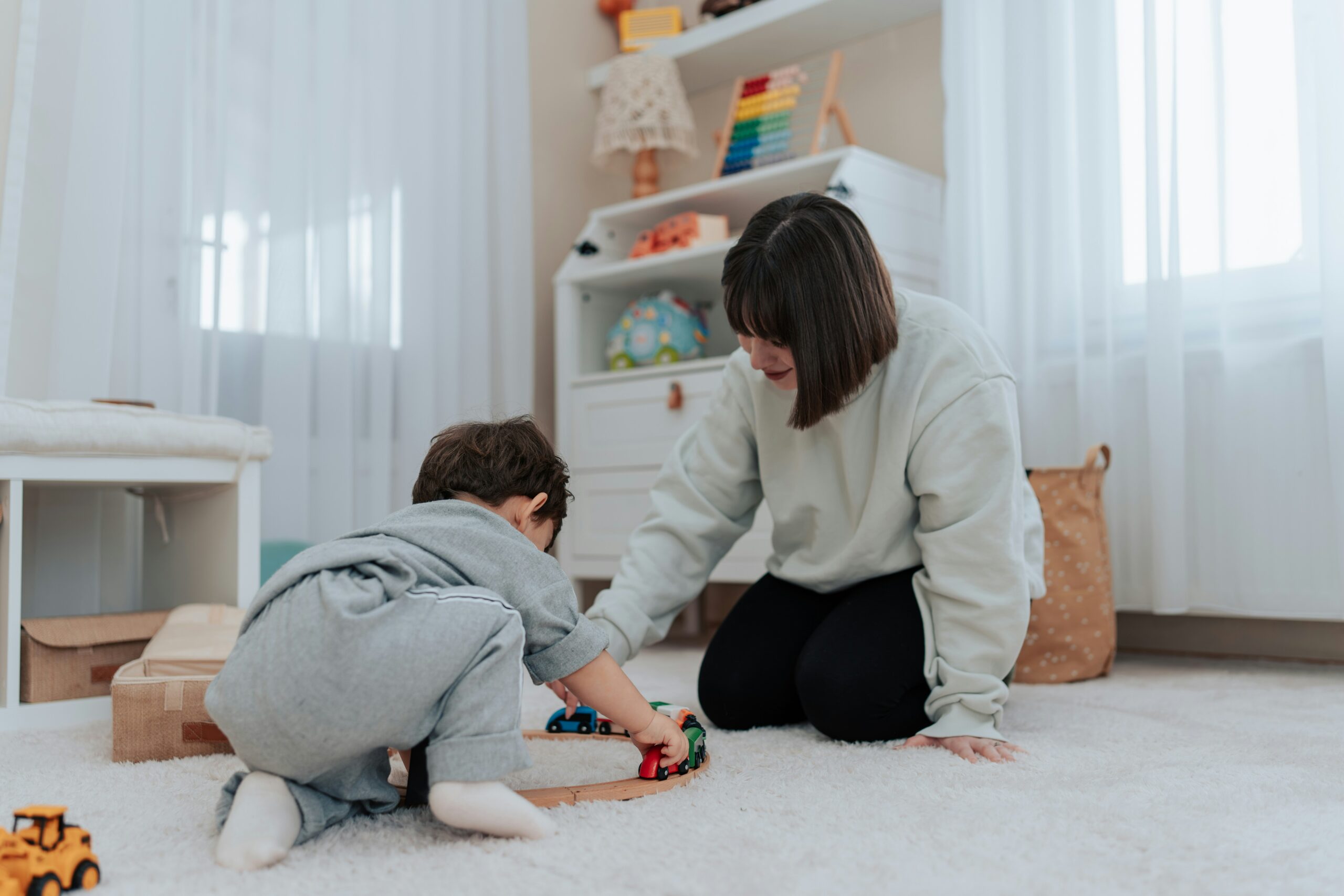Finding the right therapist for your child can feel overwhelming.
You want someone who is experienced, trustworthy, and a good fit for your child’s unique needs. Whether your child is struggling with anxiety, behavioral challenges, trauma, or social difficulties, therapy can provide a safe space for healing and growth. If you’re looking for children’s counseling in St. George, here’s a step-by-step guide to help you find the right therapist.
1. Assess Your Child’s Needs
Begin by identifying the specific challenges your child is facing. Common issues include:
-
Anxiety or depression
-
Behavioral concerns
-
ADHD or autism spectrum disorders
-
Trauma or grief
-
Family dynamics or communication problems
Understanding these needs will help you find a therapist with the appropriate expertise.
2. Verify Credentials and Compatibility
When evaluating potential therapists:
-
Check Qualifications: Ensure they are licensed and have experience working with children.
-
Consider Specializations: Look for expertise in areas relevant to your child’s needs, such as play therapy, sand tray, art therapy or trauma-informed care.
3. Discuss Logistics and Costs
Before committing:
-
Insurance Coverage: Confirm if the therapist accepts your insurance or if they offer sliding scale fees. If curious about insurance coverage and fees Contact one of our client care and billing specialists at allaboutyoutherapyservices.com.
-
Session Formats: Determine if sessions are available via video, phone, or in-person.
-
Location: Ensure the therapist is licensed to practice in your state.
4. Prepare Your Child for Therapy
Discuss the process with your child to alleviate any concerns. Explain that therapy is a safe space to talk about feelings and challenges. Understand your child’s needs.
Before searching for a therapist, take some time to assess your child’s challenges and goals. Are they struggling with anxiety, ADHD, depression, or trauma? Do they need help with emotional regulation or social skills? Identifying these concerns can help you find a therapist with the right expertise.
5. Look for Qualified Professionals
A good therapist should have the proper training and experience in Children’s therapy. In St. George and Washington, Utah, our therapists specialize in working with children by using play therapy, sand tray, art therapy, family therapy, trauma-focused therapy, and other evidence-based approaches.
6. Consider the Therapist’s Approach
Different therapists use different approaches based on the child’s age and needs. Some common types of therapy for children include:
- Play Therapy is a form of counseling or psychotherapy that uses play to help children express their thoughts, emotions, and experiences. Because children often struggle to communicate complex feelings through words, play becomes their natural language and toys their words.
- Sand tray-Many people, especially children or trauma survivors, struggle to articulate emotions or experiences with words. The sand tray offers a safe, symbolic space where they can “show” rather than “tell” what’s going on inside. Sand tray encourages self-exploration and Insight: Clients use miniature figures (people, animals, buildings, objects) to create scenes in a tray of sand. These scenes often reflect inner conflicts, dreams, fears, or relationships, helping both client and therapist gain insight
- Art therapy is a form of psychotherapy that uses creative expression—such as drawing, painting, sculpting, or collage—as a way to explore emotions, reduce stress, and promote personal growth and healing. It is facilitated by a licensed therapist who combines psychological theory with the creative process to help individuals express thoughts and feelings that may be difficult to articulate with words alone.
- Family therapy is a form of counseling that helps families improve communication, resolve conflicts, and strengthen relationships. Whether you’re facing challenges related to parenting, divorce, grief, blended families, or ongoing tension, family therapy provides a safe space to explore issues and work toward healthier dynamics.
- Trauma-Focused Therapy is a specialized form of therapy designed to help individuals process and heal from traumatic experiences. Whether the trauma stems from childhood abuse, violence, loss, accidents, or other distressing events, this therapy helps children understand the impact of trauma on their thoughts, feelings, and behaviors—and supports them in finding healthy ways to cope and move forward.
At All About You Therapy, we have experienced therapists that work with your child through play therapy, sand tray, art therapy, family therapy, trauma-focused therapy, and other modalities. It’s important to choose a therapist whose approach aligns with your child’s needs and personality to ensure they receive the best support.
7. Reach Out and Ask Questions
After narrowing down your options, reach out to our therapy office to learn more about our services. Inquire about our experience working with children, the therapy methods we use, and what to expect during the initial sessions. Need guidance? Our team is happy to provide helpful information to help you find the right fit for your child.
8. Trust the Process and Be Patient
Finding the right therapist may take time, and building trust between your child and their therapist doesn’t happen overnight. Encourage your child to share their feelings about therapy, and be patient as they navigate their healing journey.
Finding a Children’s Counselor in St. George and Washington, Utah
Finding the right therapist for your child is a crucial step in helping them navigate life’s challenges. With the right support, your child can thrive emotionally, socially, and mentally.
At All About You Therapy Services we specialize in children’s counseling. Therapists help children develop coping skills, emotional regulation, and confidence. Our experienced therapists provide children’s counseling through their compassionate, child-centered approach tailored to your child’s needs. If you’re looking for a therapist in St. George, we can support your child’s well-being.



